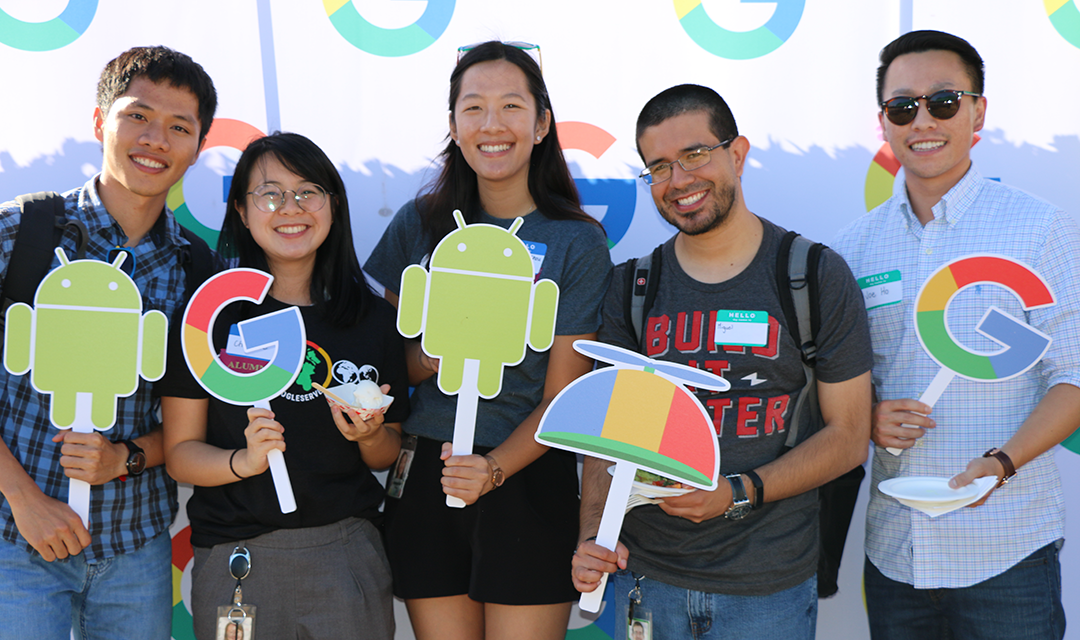Start here: Launch your job or internship search
At CMU-Silicon Valley, you’re not just looking for a job. You’re launching a career in the heart of the tech industry. With direct access to innovative companies, alumni mentors, and a career team that understands the Silicon Valley landscape, you're in the right place to make your next move.
This section is your starting point. From here, you’ll explore key career strategies: how to build a Silicon Valley-ready resume, grow a professional network, and shape your personal brand. You’ll also find career guides tailored to your interests, filled with advice from alumni and tools to help you take action.
Whether you’re applying to startups, global tech firms, or something in between, use this page to get oriented and decide where to go next.
Choose your career guide
These step-by-step guides were created specifically for CMU-SV master’s students. They combine real-world insights from alumni, example resumes, essential skills, and tips that reflect what’s working in Silicon Valley right now.
Start with one that matches your current interests, or explore a few. These are living resources designed to help you discover new paths, prepare with confidence, and take action on your goals. Not sure where to begin? Start with one Career Guide and one small action from the checklist.

Artificial Intelligence Career Guide
Discover high-impact roles in AI and how to build your experience in machine learning and beyond.
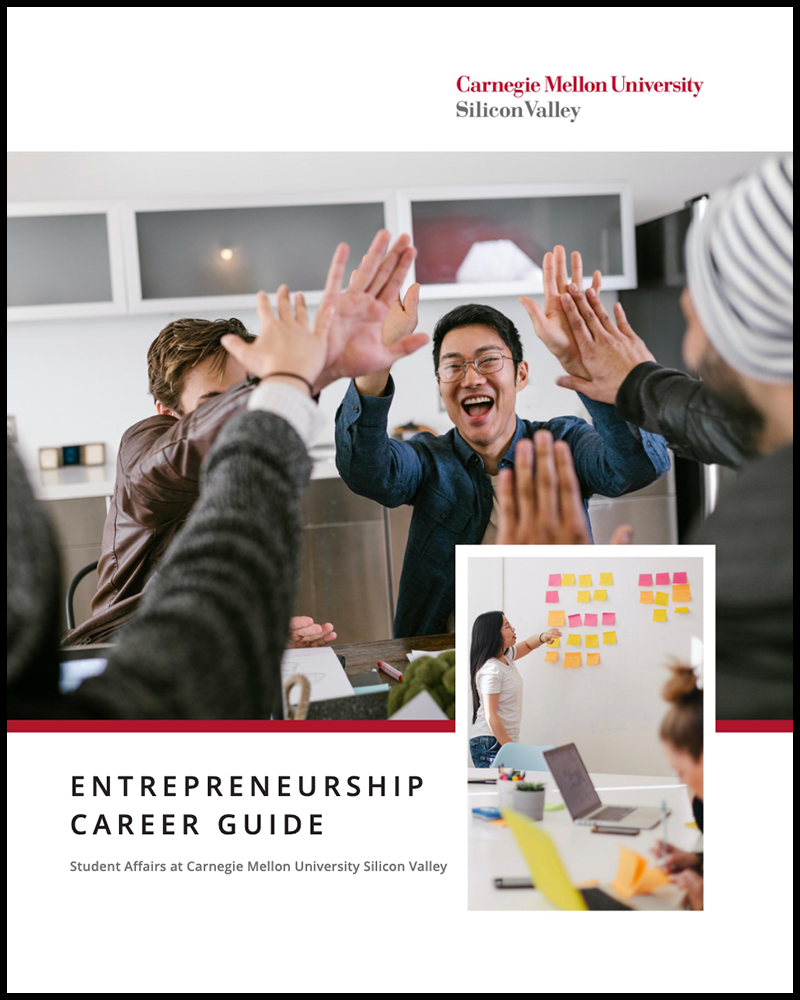
Entrepreneurship Career Guide
Learn how to take an idea from concept to launch—or join an early-stage company that’s changing the game.
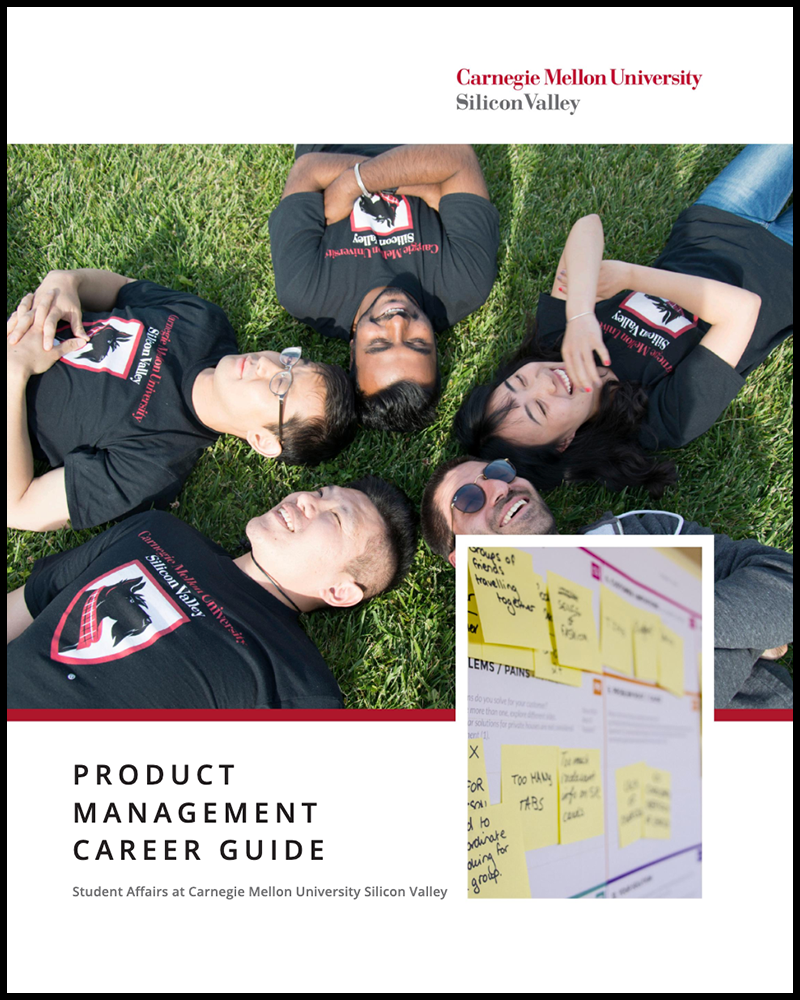
Product Management Career Guide
Build skills employers want in PMs, craft a standout resume, and prep for interviews with confidence.
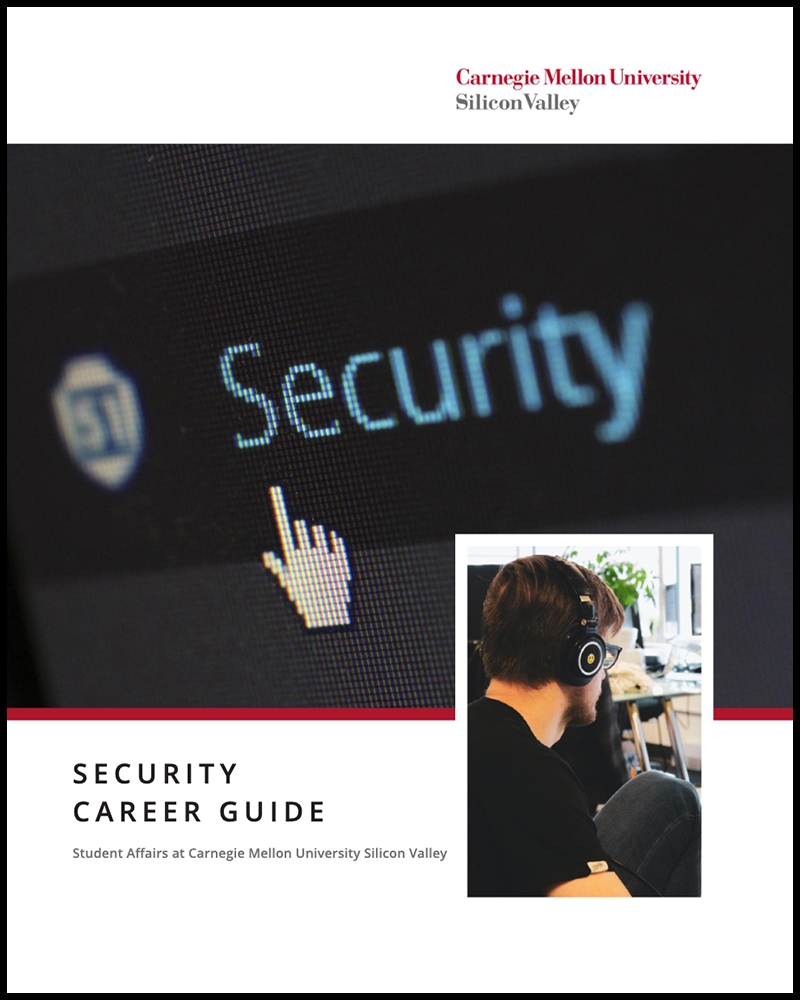
Security Engineering Career Guide
Understand the cybersecurity landscape and follow a roadmap to roles in this growing, high-demand field.
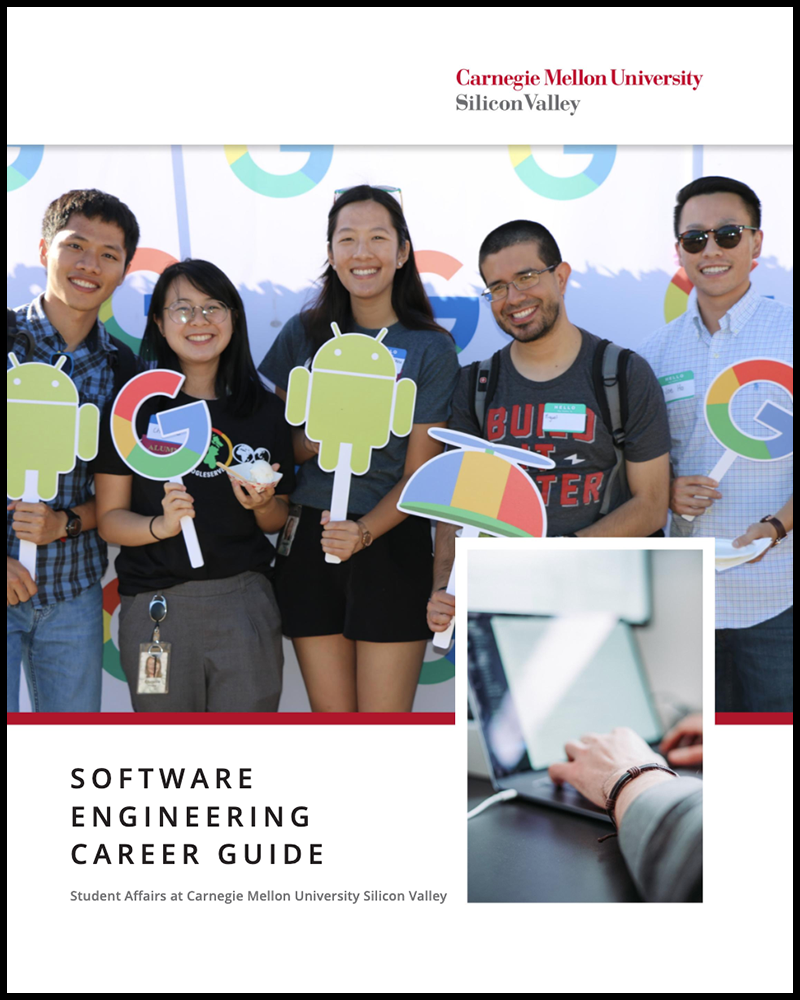
Software Engineering Career Guide
Follow a proven plan for breaking into software development, from resume tips to technical interviews.
Where to go from here
This page is just the beginning. Next, you’ll dive deeper into the key tools and strategies that help CMU-SV students stand out in a competitive market.
Click through to learn how to:
Networking & building
professional relationships
Learn how to connect with alumni, navigate events, and grow authentic relationships
Create your CMU Silicon Valley resume
Tailor your resume to reflect your skills and story, using CMU-SV-specific examples and tools
Apply to your target companies
& evaluate offers
Get strategic about where you apply, how you follow up, and how to make confident decisions when offers come
Show up online and in person with clarity, purpose, and a strong sense of what sets you apart
